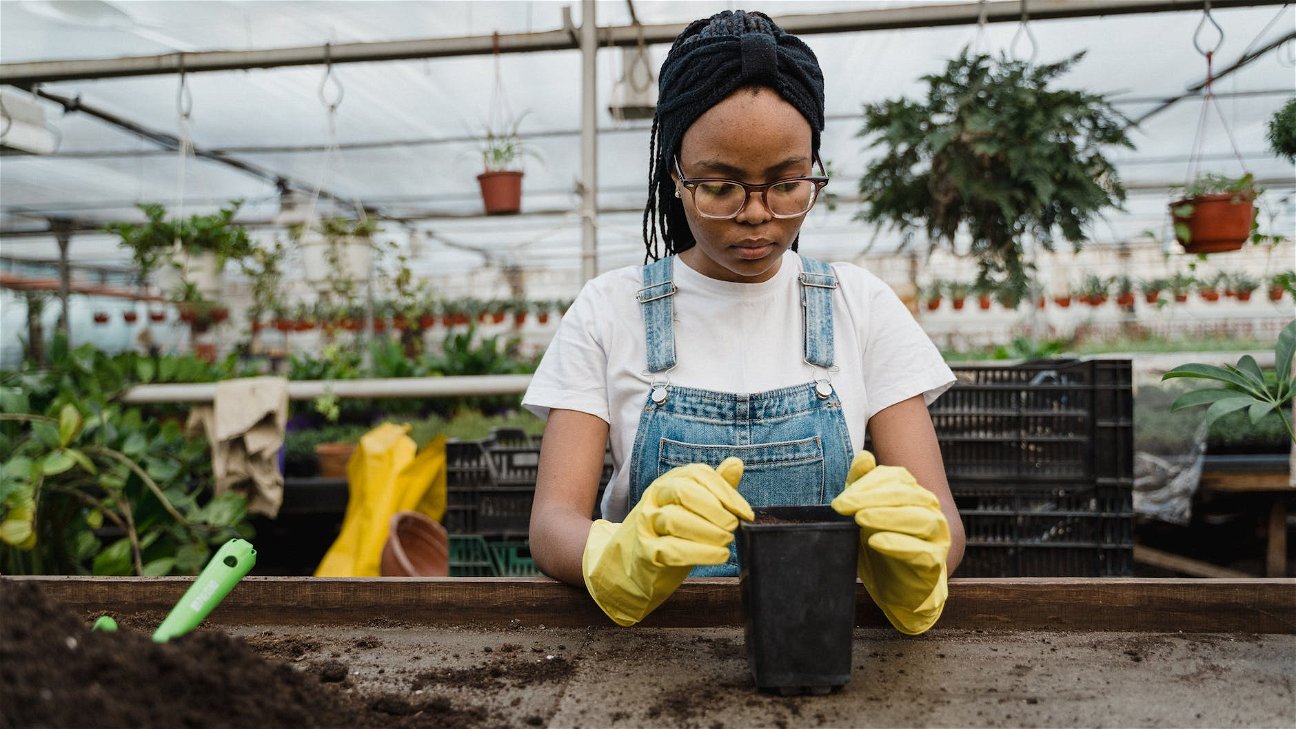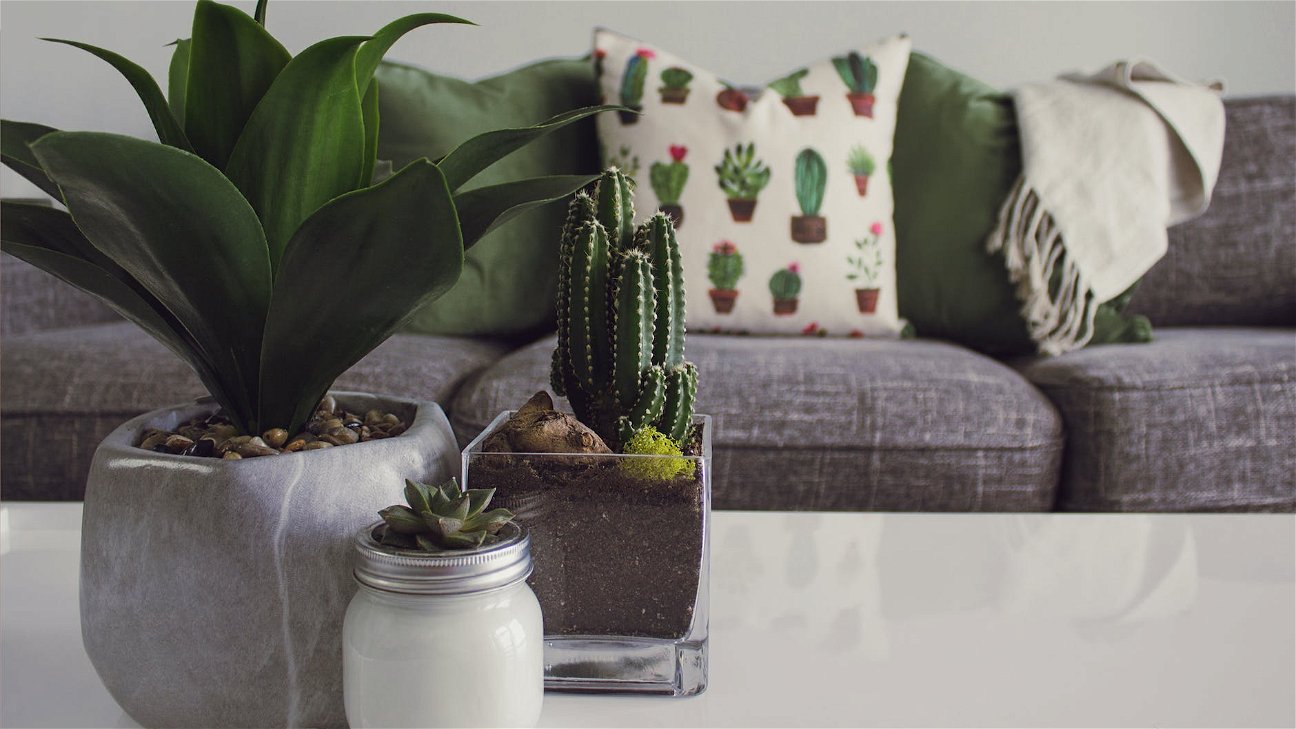
Permaculture, a term coined from 'permanent culture', is more than just a method of gardening. It's a design system that mimics nature to create sustainable and self-sufficient ecosystems. If you're new to this concept, don't worry! Here's a beginner's guide to help you understand the principles of permaculture.
Understanding Permaculture
Permaculture serves as a guide for designing ecological, sustainable, and regenerative systems. The goal is to create systems that are ecologically sound and economically viable, which provide for their own needs, do not exploit or pollute, and are therefore sustainable in the long term.
Permaculture Principles
The principles of permaculture provide a set of universally applicable guidelines that can be used in the home garden and beyond. They are often referred to as the 'ethics of permaculture'. The principles are:
- Care for the earth: Protecting soil, air and water
- Care for the people: Looking after self, kin and community
- Fair share: Setting limits to consumption and reproduction, and redistributing surplus
Implementing Permaculture
Here are some ways you can implement permaculture principles in your home garden:
- Create harmony with nature: Use native plants and try to work with your local climate and environment rather than against it.
- Utilize every space: Permaculture is about creating a productive and efficient system. Make use of every nook and cranny in your garden.
- Recycle everything: Nothing should go to waste in a permaculture garden. Compost kitchen scraps and use grey water for irrigation.
- Diversify: Incorporate a variety of plant species to create a balanced and harmonious ecosystem.
Benefits of Permaculture
Adopting permaculture principles can provide numerous benefits:
- Promotes sustainability: Permaculture promotes the use of renewable resources and self-sustained systems.
- Improves soil health: The organic methods used in permaculture can improve soil health and fertility.
- Preserves biodiversity: Permaculture encourages the use of diverse plant species, which helps to maintain and support local biodiversity.
- Conserves water: Through efficient design and planning, permaculture can help conserve water usage.
To wrap up, permaculture is more than just a gardening method. It’s a lifestyle that promotes sustainability, harmony with nature, and self-sufficiency. If you’re willing to invest time and effort, implementing permaculture principles can bring about profound changes in your garden and lifestyle.











